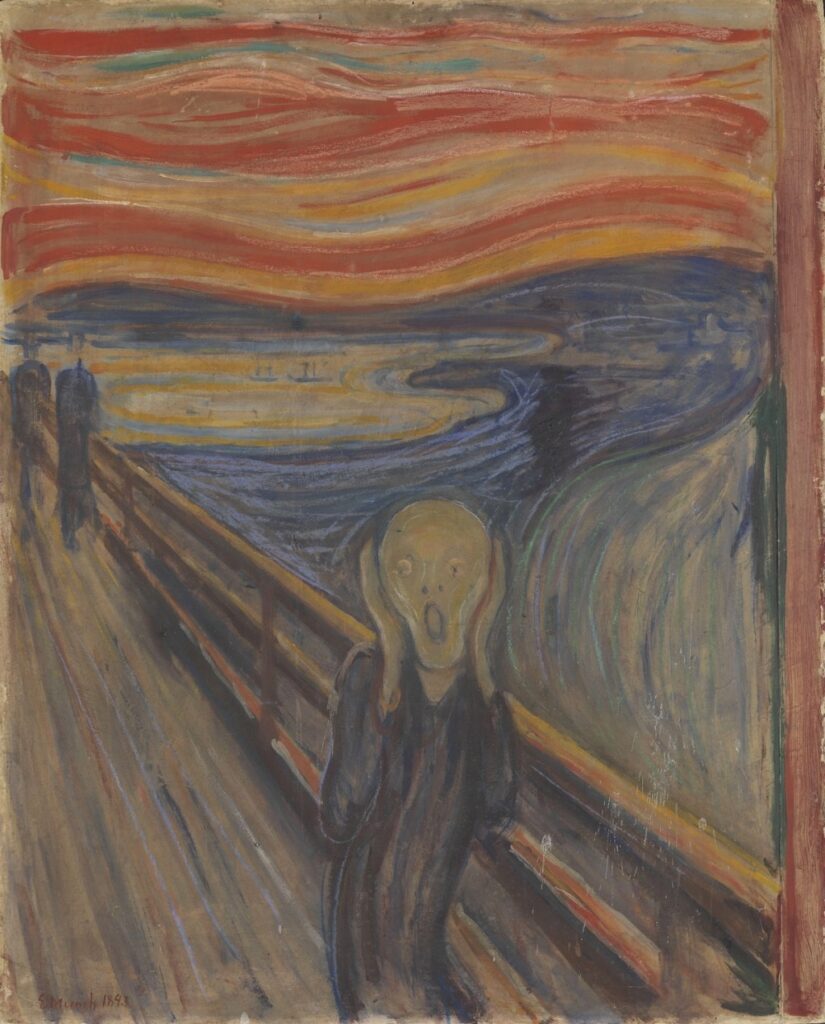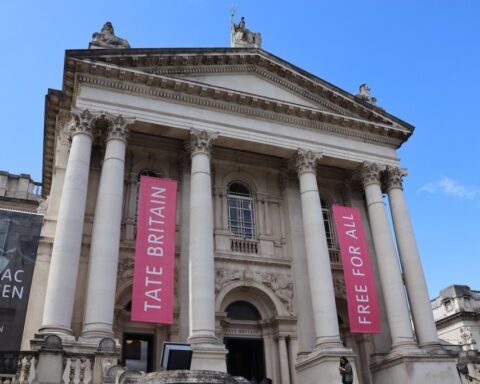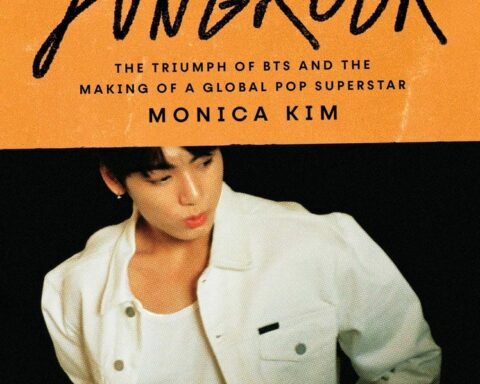Joan Baez, Graham Nash, Sean Ono Lennon, Allison Russell, Auli’i Cravalho and Josh Gad are all dozens of important figures in the film, television, music, music, music and related industries, who signed open letters about warnings signed on Wednesday, August 6 (Wednesday) June 6 (Wednesday). The New York Times and type.
The letter, titled “No Hiroshima, No more Nagasaki: Future Cultural Leaders Without Nuclear Weapons”, began with: “Eighty years ago, the atomic bomb destroyed Hiroshima and Nagasaki, killing thousands of people, killing hundreds of thousands, and even changing the risk of nuclear weapons. Exceed nuclear weapon.
“The only treaty limiting the number of nuclear weapons in the world will expire within six months. Emerging technologies and artificial intelligence pose new unknown risks to already complex systems. On the premise of absurdity, we will be trapped in a ridiculous and dangerous new weapons race, and the extinction that threatens the safety of the community, is not an extinction that makes the community extinction.
The letter includes using their voice, platform, leadership and storytelling expertise to draw attention to the dangers posed by nuclear weapons and help people imagine a future without them.
Other actors and creatives who signed the letter include Rosanna Arquette, Lawrence Bender, Kathryn Bigelow, Yvette Nicole Brown, James Cameron, Alan Cumming, Michael Douglas, Walton Goggins, Topher Grace, Clark Gregg, Harry Hamlin, Matthew Modine, Julianne Moore, Olivia Munn, Lisa Rinna, Martin Sheen, George Takei, Emma Thompson and Lily Tomlin.
Many of these people have been anti-nuclear activists for decades. Nash performs and helps organize No nuclear weapons: The nuclear-free future muse at Madison Square Garden 1979. Douglas produced and starred in Chinese SyndromeA nuclear-themed thriller released in the same year.
The statement was endorsed by Governor Hiroshima and Nagasaki, and was endorsed by Ernest J. Moniz, U.S. Secretary of Energy and Chief Executive Officer and Chief Chairman of the Nuclear Threat Initiative (NTI). Monitz highlighted the growing nuclear risks today, noting: “The possibility of repeating nuclear weapons in accidents or intentional ways is rising. We can attack towards disasters, or we can converge behind different paths to eliminate the nuclear threat.”














